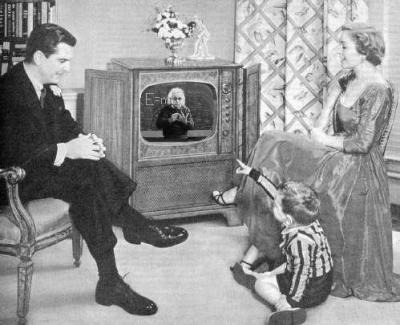In 1994, full-scale genocide broke out in the African country of Rwanda as Hutu rebels gained control of the country. The United States pulled its people out at the first sign of trouble, and the United Nations took little action. Eventually the rebels were defeated, but only after they had murdered nearly a million Rwandans (no one knows for sure how many were killed; reports vary from 500,000 to over 1,000,000).
In the following years, Rwanda sent its army into neighboring Congo in efforts to find and kill the thousands of Hutus who were hiding somewhere within the eastern part of the country. Uganda lined up with Rwanda, while Zimbabwe, Angola and Namibia sent troops in support of Congo. Another 3 million people died as a part of this African “civil war,” most due to famine and disease caused by the chaos of the conflict. Since 2002, a fragile peace has held sway over the region.
Just days ago, UN observers reported Rwandan forces had been sighted in the eastern Congo once again. They quickly retreated back to Rwanda, but the government has made it known that there will never be a real peace until the 8,000-10,000 Hutu rebels in Congo are brought to justice.
Yesterday, the head of UN peacekeeping, Jean-Marie Guehenno, reported to the UN Security Council that unconfirmed reports have put some 3,000-8,000 Rwandan troops on the Rwanda-Congo border (initial statements suggested they were actually in Congolese territory).
But no one seems to care. Most nations are still smarting with guilt from their failure to act immediately after the first reports of genocide came out of Rwanda back in 1994. The world stood by and did nothing. And now, out of guilt, we find it hard to firmly criticize Rwanda as they flex their military muscle for another possible invasion of the Congo.
This is especially damning for evangelical Christians. For all our righteous indignation against the Sudan in their persecution of Sudanese Christians, we say relatively nothing when persecution occurs to non-Christians around the globe. Do we speak out for women’s rights in Muslim countries? Do we speak out against China’s occupation of Tibet? I sometimes wonder if our silence is because Rwanda and Congo are a black nation, with no familiar white faces or white casualties to draw sympathy from (even though 4 million people have died from genocide, famine and disease in the last decade). I hope this isn’t the case, but I fear it might very well be.
The UN is fairing no better, having a hard time lately keeping up with international crises. They failed to denounce the genocide and religious persecution in the Sudan. There has been little notice of the rise of opium trading in post-Taliban Afghanistan. And the implications of abuses within the Iraqi oil-for-food program are staggering (some $20 billion could have ended up in the wrong hands, portions of which might have found their way into the pockets of Iraqi insurgents). Suffice to say, even though the UN is urging Rwanda to show restraint and not proceed into the Congo, they no longer hold the moral higher ground to issue such statements.
Is this a time for the US to stop shouldering the bulk of the UNs budget? Probably not. But it should be an opportunity for the US and other nations to urge major reforms within the UN, moving it away from the Cold War detente model and towards an organization with a commitment to fighting terrorism and assisting third-world countries in their transition from colonial territories to stable democracies. This should not be the role of the US State Department or the DOD, where neocon dominance in Bush's inner circle gives priority to US interests. What we need is a more globally-minded way of thinking, and the UN is the perfect vehicle for such a model. If they are able to overcome their current problems, that is.
And as far as Christianity is concerned, we need to shoulder some of the blame for the state of affairs in sub-Saharan Africa. Our missionaries were the first white colonists to push into the continent, and as civil war, disease and famine have ravaged the countryside, pulling back has meant an erosion of proper teaching in some African churches.
Granted, the causes of these African conflicts are far more complex than simple Christian/Muslim skirmishes (as a few of them have been simplistically called). There are deeper tribal differences here at work; ones that the West was able to suppress during the time of colonialism. But in the years since giving sub-Saharan Africa political autonomy, the West has done little to ease their transition to democracy. Just as African churches don’t have the theological training they need, leaving some faithful Christians to the wolves, African governments were never given the political training they needed in order to govern effectively, leaving them to the wolves of civil war.
Who’s to blame? The Church? The US? The world? It’s such a mess that it’s impossible to say. But someone needs to step up before war breaks out in the Congo once again, bringing other African countries into a conflict that could reach across the entire continent. And destroy another 4 million lives in the process.
Latest from the wire services:
World Response Muted to Rwanda-Congo War (AP)
Rwanda Urged to Show Restraint In Congo (AP)
Thousands Uprooted by Clashes in East Congo (Reuters)
Saturday, December 04, 2004
Rwanda, Rwanda
Posted by
jonny
at
4:20 PM
![]()
Subscribe to:
Post Comments (Atom)




No comments:
Post a Comment